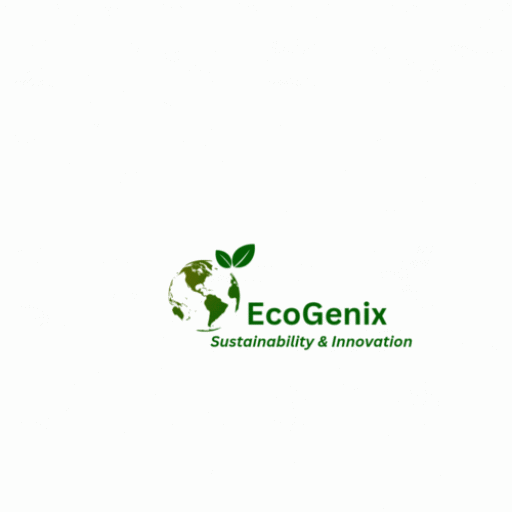Introduction:
Gender equality, as enshrined in Sustainable Development Goal 5 (SDG 5), is not only a fundamental human right but also a crucial factor for achieving sustainable development across various sectors. While often discussed in the context of social justice and empowerment, gender equality has far-reaching implications for environmental protection and education. This article explores the intricate connections between SDG 5 and other Sustainable Development Goals, highlighting how promoting gender equality can contribute to a more sustainable and equitable world.
Gender Equality and Environmental Protection:
1.1 SDG 13: Climate Action:
Gender inequalities significantly impact vulnerability to climate change. Women, particularly in developing countries, are disproportionately affected by environmental degradation and natural disasters. Promoting gender equality helps ensure the active involvement of women in climate change mitigation and adaptation efforts. Women’s participation strengthens community resilience, enhances adaptive capacity, and contributes to sustainable resource management.
1.2 SDG 6: Clean Water and Sanitation:
Gender disparities in accessing clean water and sanitation services persist worldwide. Women and girls often bear the burden of collecting water, a task that can hinder their education and economic opportunities. By promoting gender equality and ensuring equal access to water and sanitation facilities, we can alleviate the burdens faced by women and empower them to contribute to water conservation efforts.
1.3 SDG 14: Life Below Water and SDG 15: Life on Land:
Women play critical roles in the preservation and sustainable management of marine and terrestrial ecosystems. Their knowledge of biodiversity, traditional practices, and sustainable resource use can support conservation efforts. By empowering women with equal rights, education, and decision-making power, we can tap into their potential as agents of change for the protection of our oceans, forests, and biodiversity.
Gender Equality and Education:
2.1 SDG 4: Quality Education:
Gender equality and education are intrinsically linked. When girls are denied access to education due to discriminatory norms or lack of resources, the consequences are detrimental. Educating girls not only empowers them but also has positive ripple effects on society and the environment. Educated women are more likely to make informed decisions about family planning, health, and environmental stewardship. Furthermore, girls’ education contributes to breaking the cycle of poverty and inequality, promoting sustainable development.
2.2 SDG 1: No Poverty:
Promoting gender equality in education can significantly contribute to poverty eradication. Education equips girls with skills, knowledge, and confidence, enabling them to participate in the workforce and earn sustainable livelihoods. Empowered women have better economic prospects, reducing their dependency on natural resources exploitation and environmental degradation as a means of survival.
2.3 SDG 16: Peace, Justice, and Strong Institutions:
Gender equality in education fosters inclusive societies and resilient institutions. By ensuring equal access to education for all genders, we promote social cohesion, reduce conflict, and enhance the rule of law. An educated population is more likely to engage in democratic processes, advocate for environmental justice, and hold institutions accountable for sustainable development.
Conclusion:
Gender equality is a critical cross-cutting theme that underpins sustainable development, including environmental protection and education. By recognizing and addressing gender disparities, we unlock the full potential of individuals, communities, and nations. Promoting gender equality contributes to the achievement of multiple SDGs, creating a virtuous cycle of empowerment, environmental sustainability, and social progress. It is imperative that we work together to dismantle discriminatory barriers and foster an inclusive world where gender equality thrives, benefiting not only women and girls but also our collective future
ARTICLE BY: WAYNE TOTA
Food Security and Climate Change
waynetota9@gmail.com
0601133196239
Visit for more articles:
https://sites.google.com/view/foodsecure-sustain-agriclimate/home.
